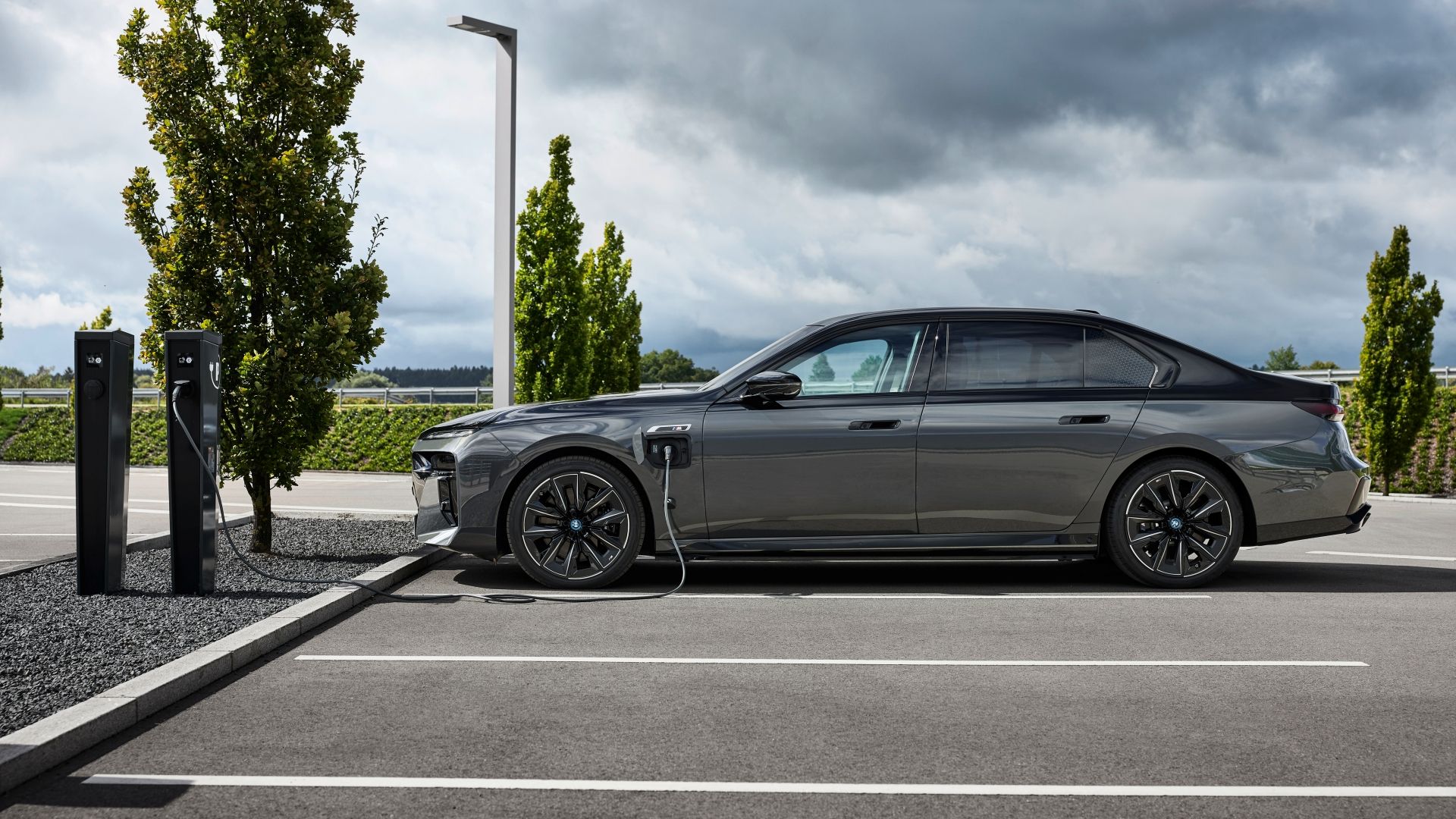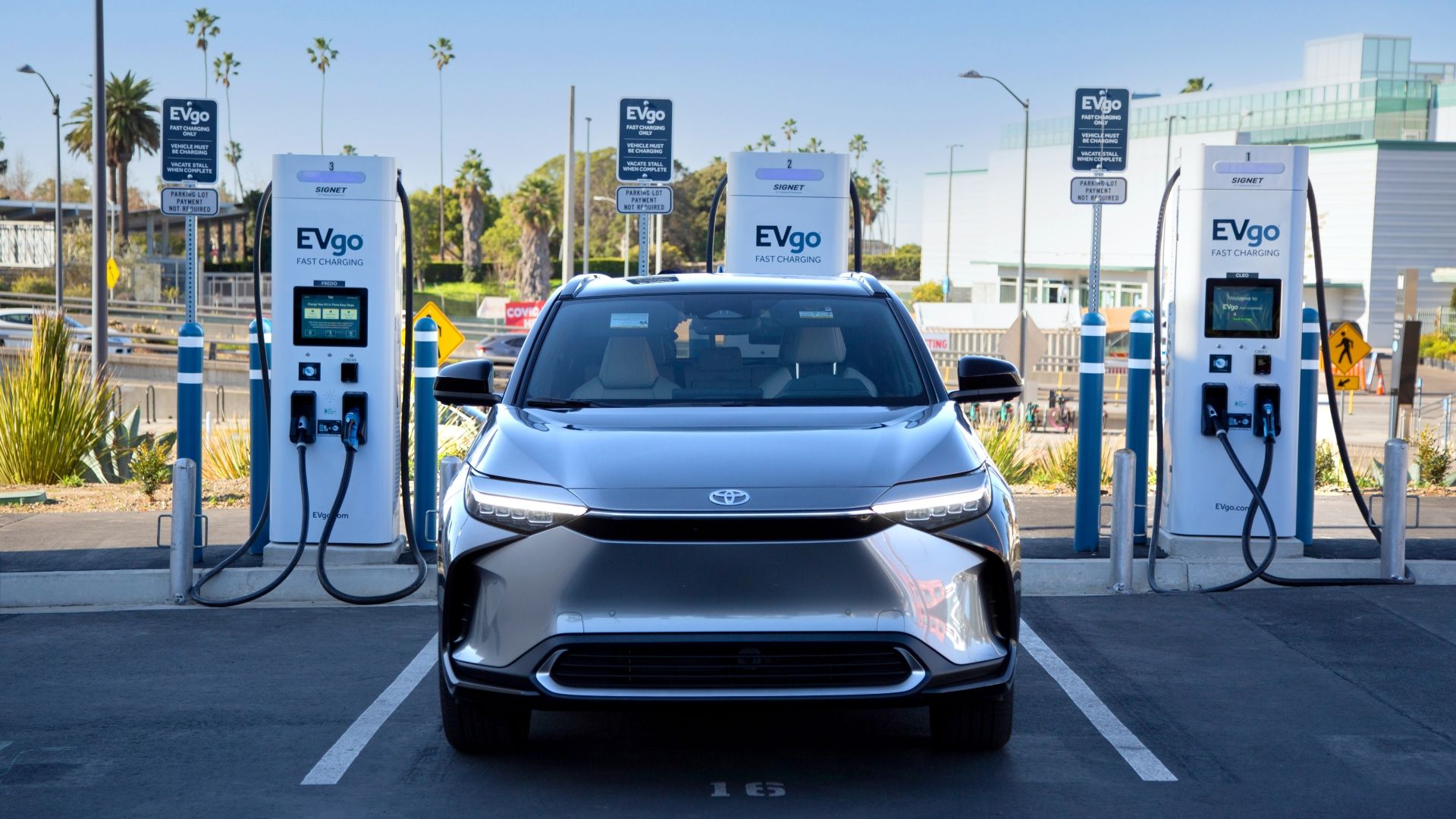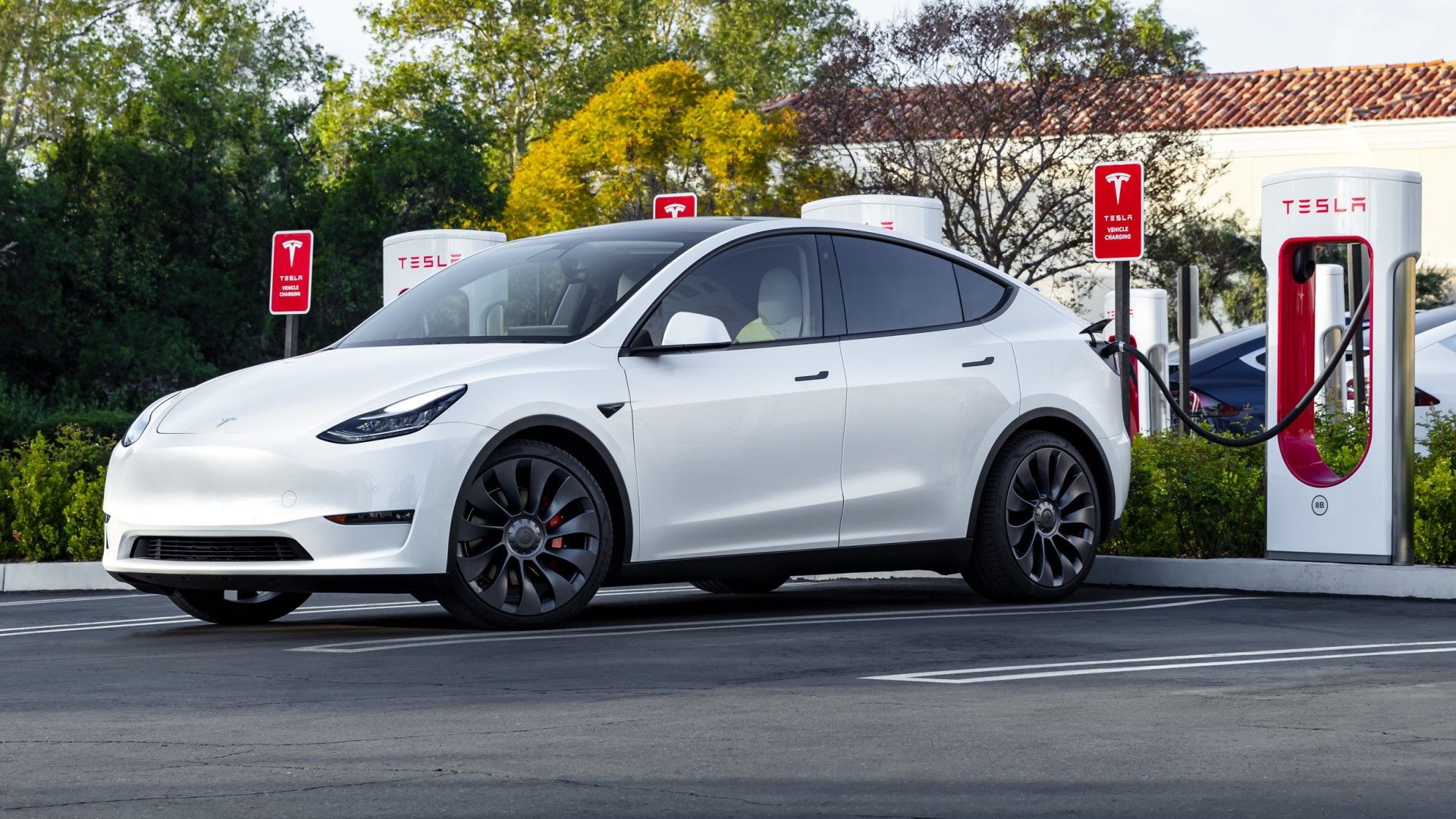
Before you even pull off the lot in a brand new electrical car, charging is probably going in your thoughts. With these automobiles utilizing batteries that recharge at house or public stations versus conventional gasoline engines, there might be some adjustments you may must make transferring ahead.
First, your EV comes with an at-home charger, often within the type of a Level 1 or Level 2 cable/station. You want to install this somewhere dry and shielded from the weather, in addition to determine what voltage/energy you want for weekly expenses. This course of can appear intimidating to some individuals, however total, it is simple as time passes.
There are totally different sorts of chargers and stations. Pricing for your electricity varies, however it should not price greater than it might to place gasoline in your tank. There are even instances when plugging in is cheaper for EV homeowners, which we are going to cowl all through this text. Stick round as a result of we’re right here that can assist you with all of your EV-related charging questions!
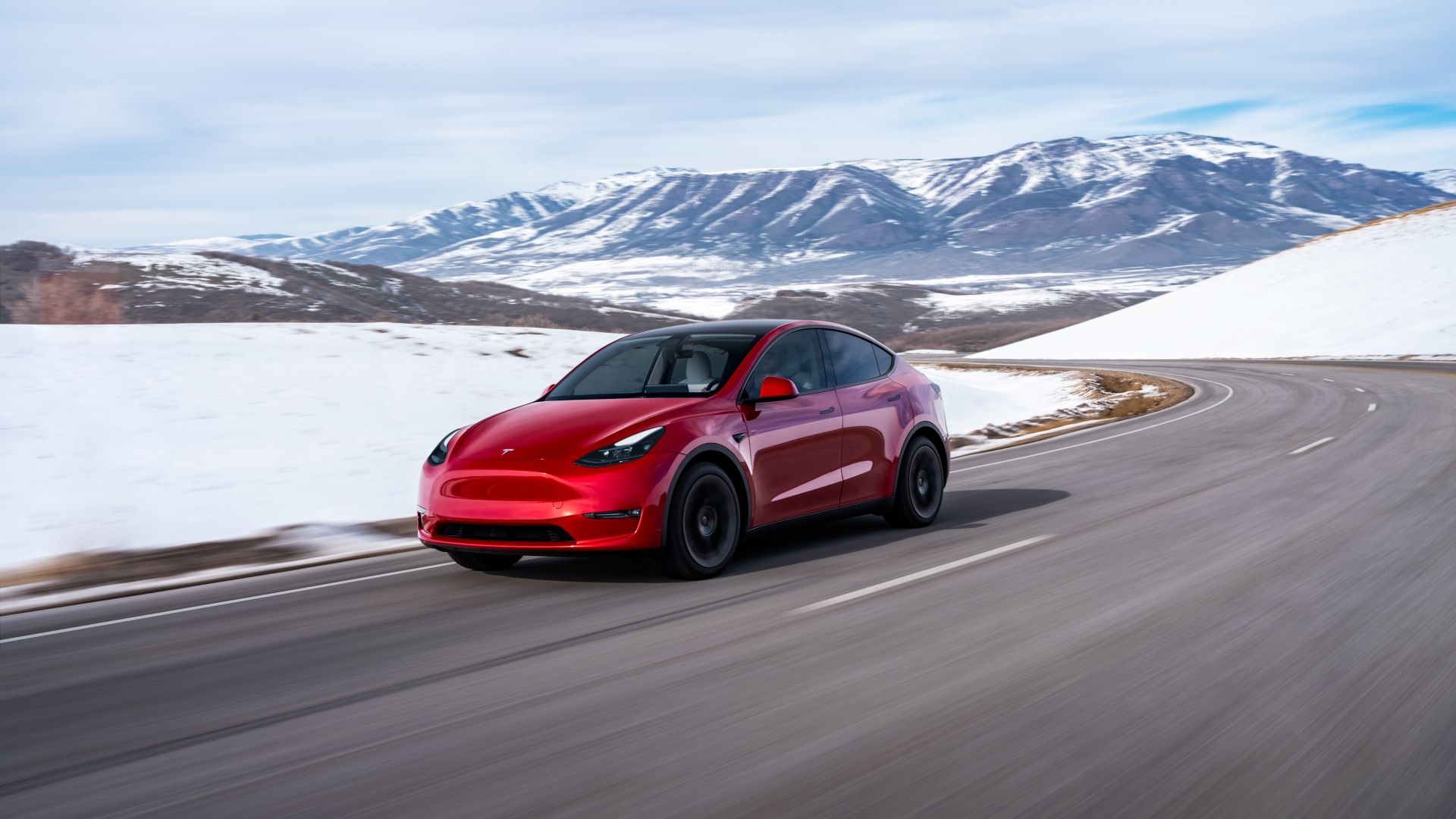
Complete Guide To Tesla Battery Lifespan And Costs
Here’s all it is advisable know in regards to the lifetime of a Tesla battery and the way a lot it prices to interchange it.
In order to provide the most recent and correct info attainable, the information used to compile this text was sourced from Tesla and different authoritative sources, together with the EPA, power.gov, and different authorities web sites.
The Basics Of Charging Your Electric Vehicle
- There are three charger varieties for electrical autos.
- Most EVs embrace a Level 1 or Level 2 charging cable/system.
When it involves charging your electrical car, there are three main charging types: Level 1 (120 Volt), Level 2 (240 Volt), or DC quick charging (Level 3). Some models will be able to have Level 3 fast charging, whereas most plug-in hybrids should not have that functionality. Your EV will most certainly include a Level 1 or Level 2 charger, which you’ll simply plug into your storage outlet or a protected wall in your house. EVs are lots like our telephones as a result of they arrive with the fundamentals and should be recharged when their battery hits a sure degree.
You additionally need to do not forget that charging instances range by output, with Level 1 being your slowest, Level 2 being the second quickest, and Level 3 being the quickest choice. Any EV can use Level 1 or Level 2 chargers, although most true EVs (no gas engine) can use Level 3.
Charger Types And Output For EVs
|
Charger Type |
Output |
Time to Charge |
|
Level 1 |
120 volts |
About 5 miles per 1 hour of charging* |
|
Level 2 |
220 volts |
About 25 miles per 1 hour of charging |
|
Level 3 |
400-900 volts |
~100 – 300+ miles per Half-hour of charging |
(Data sourced from the EPA)
It’s value mentioning that not all autos *want* to be quickly charged. You can simply plug in your automobile in a single day with a Level 1 or Level 2 charger and be positive by morning. Most instances, quick charging will price extra due to the excessive power outputs, that are higher suited to public charging or touring lengthy distances.

Proof That Toyota Is Betting Big On Hydrogen Despite The Development Of Its 745-mile Solid-state Battery
Hydrogen could look like a pipe dream, however Toyota really believes in it and isn’t slowing down regardless of its progress in EVs.
The Price You’ll Pay To Charge An Electric Car
- The common price per kWh of electrical energy to cost an EV within the U.S. is 16 cents.
- Most EV homeowners spend round $60 month-to-month on electrical energy for his or her automobiles.
Moving onto the worth you possibly can anticipate to pay for EV charging as an proprietor, that is *on common* near 16 cents per kWh across the United States. Most instances, electrical automobile charging would not must occur greater than 1-2 instances weekly and should not use an extreme quantity of power in case you plan accordingly.
Per the Department of Energy, the common United States family spends roughly $60 monthly charging one electrical automobile, usually staying underneath $800 yearly. If you cost an EV one time every week utilizing a Level 1 or 2 charging station or cable, you possibly can anticipate to maintain prices under $15. That stated, the traditional particular person driving on U.S. roads in an electrical mannequin travels 1,124 miles monthly, which might require about one cost per week in case your automobile has ~300 miles of vary.
These common EV charging mistakes may additionally be value understanding.
Try To Find Free Charging When Possible
As an EV proprietor, finding native free charging stations to your automobile is at all times good. Typically, these are situated at malls, workplaces, faculties, public parks, and different fashionable areas. When it is time to do some procuring or at work/college/and many others., plugging right into a speedy charger (Level 3) for 15-Half-hour is all it is advisable be good for every week of driving. Sites like PlugShare are good examples of assets for you as an electrical automobile proprietor, finding FREE charging stations close to your present zip code.

Solid-state Battery Myths Busted
Solid-state batteries are rising in popularity amongst EV producers. Here’s every part you must find out about them.
Choosing The Right Time To Plug In Matters
- You need to cost your EV battery as soon as it hits underneath 10 %.
- Most producers suggest solely charging an EV to 80 % at house.
Regarding when it is time to cost an electrical car, there are two components to contemplate. First, as soon as your battery degree reaches underneath 10 %, it’s time to cost it. You can wait till you get house and depart your automobile plugged in via the night OR drive as much as a quick charger. One factor to notice, nevertheless, is that many Tesla Superchargers or DC quick charging stations price cash and would require fee. You might spend as a lot as $25 per recharge using a Supercharger for your EV.
Many producers and consultants additionally recommend charging from 0-80 percent on regular occasions, whereas longer distance journey or instances between electrical energy can go to one hundred pc.
Generally, the battery in your electrical automobile ought to be maintained between 30 and 80 % capability. You additionally don’t must cost it each evening.
Plug In Your EV After Peak Energy Hours
Most electrical grids expertise a ‘peak’ timeline in the course of the day, charging clients extra money per kWh consumed. For occasion, the town of Mesa in Arizona recommends avoiding EV charging between the hours of 6 AM to 10 PM, as an alternative charging between 11 PM and 5 AM. This is the usual advice for many US cities, with peak instances being early morning earlier than work after which as soon as everybody comes house within the night.
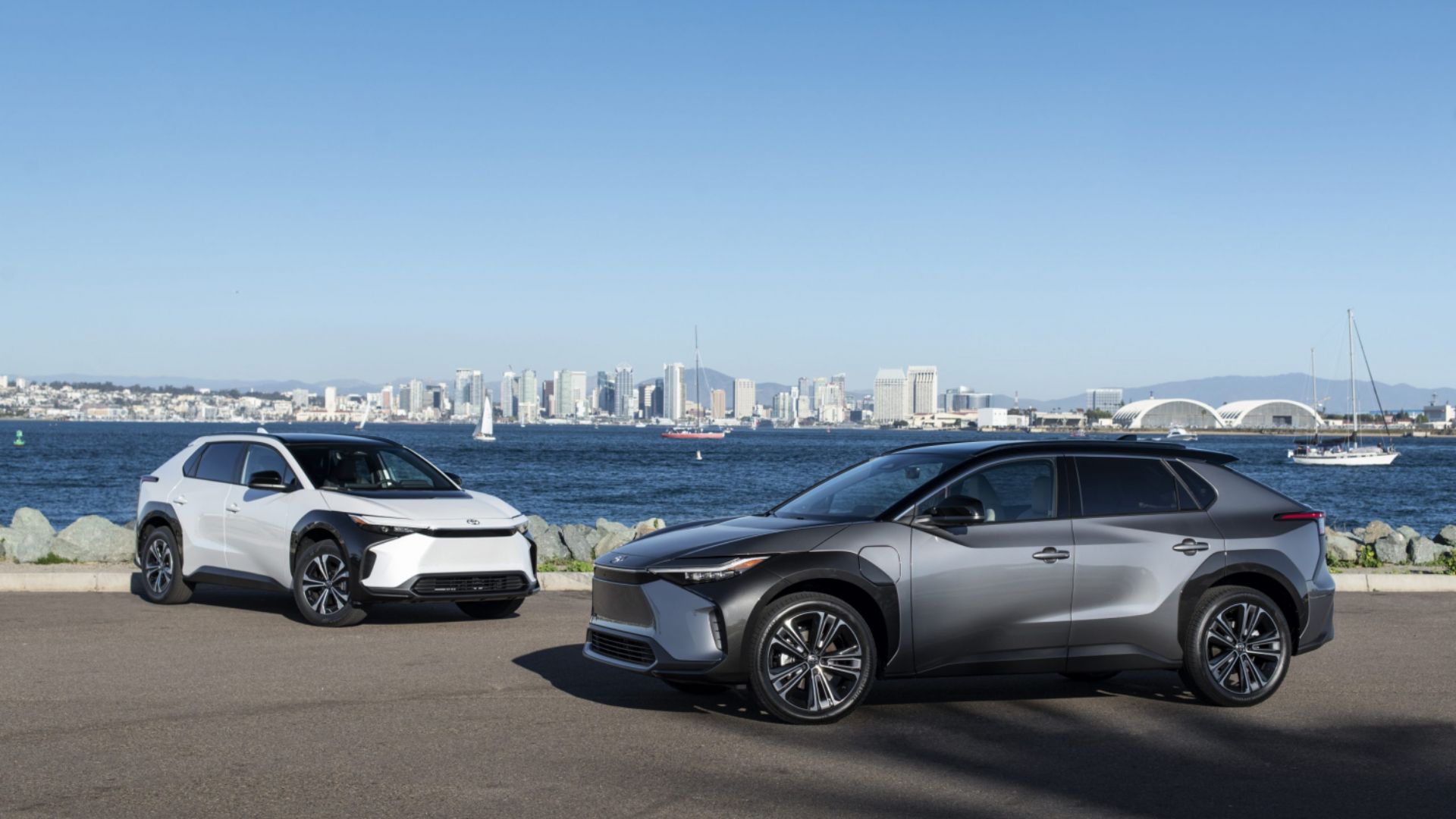
What Toyota’s New Solid-state Battery Partnership Means For The EV Industry
Toyota has partnered with a petroleum firm, Idemitsu, for the event of solid-state batteries, and here is the way it might impression the trade.
Charging Your EV Shouldn’t Cost Too Much Or Take Much Time If You Do It Right!
- There might be three charging varieties for EVs, ranging in value and energy.
- Most EV homeowners spend much less on electrical energy than fuel-reliant homeowners spend on fuel.
One factor you have realized on this publish is that EV charging doesn’t have to be painful. Generally, your electrical automobile will not be greater than ~$60 to impress every month and will solely require one cost every week in case you reside near your work, college, and different sights or actions. The whole price of working an EV is lower than a fuel-reliant mannequin, and in case you select the correct time and place to plug in, you might be able to get free energy.
There are three charger varieties for an electrical automobile: Level 1, 2, and three. Levels 1 and a couple of are often customary for electrical fashions off the vendor lot, while Level 3 fast charging stations are popping up more and more all through North America, Europe, and Asia. Enjoy your electrical car!
